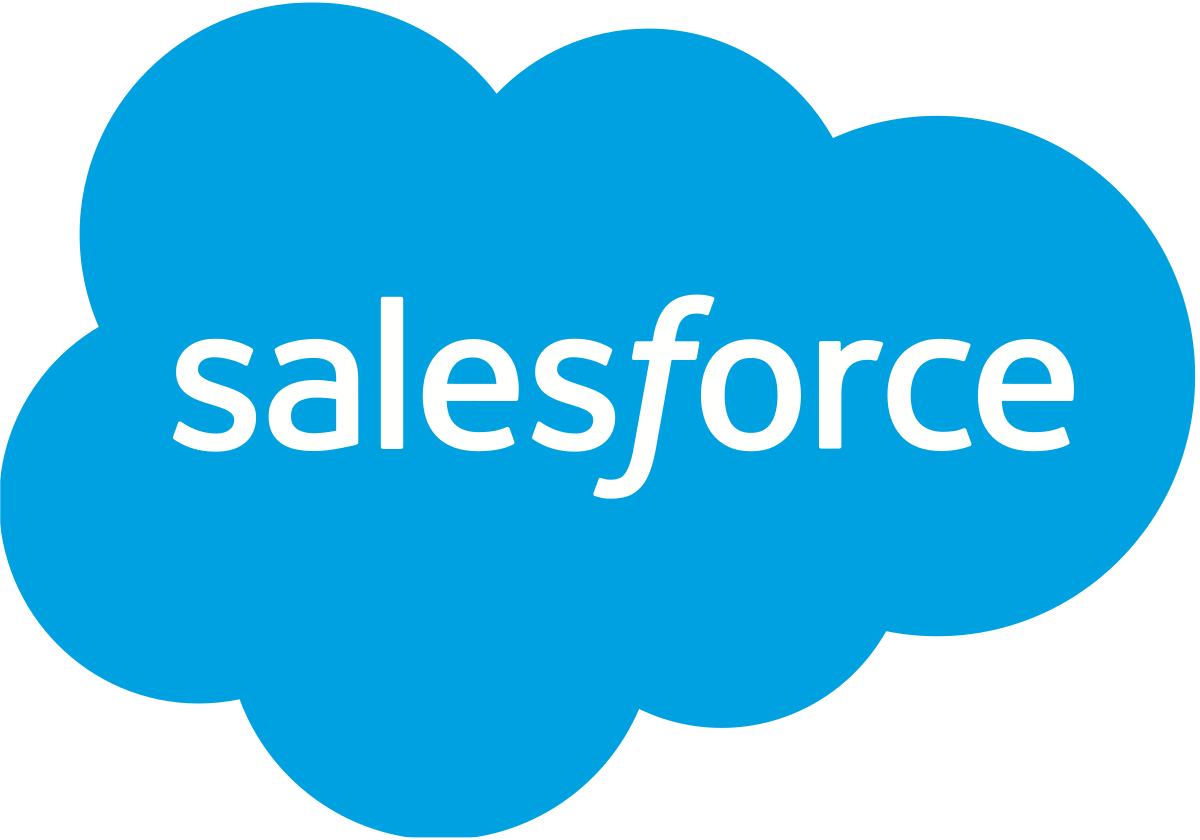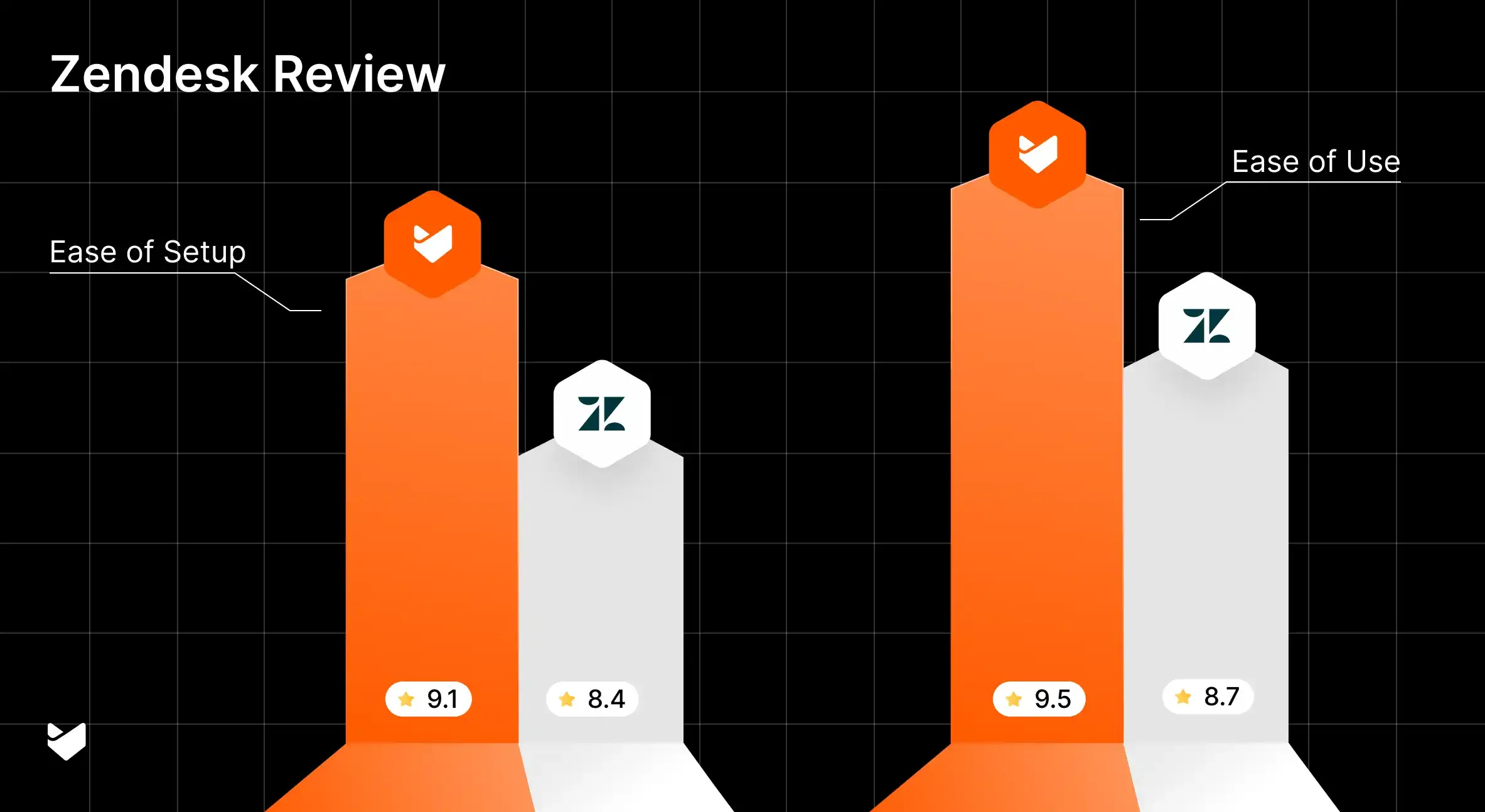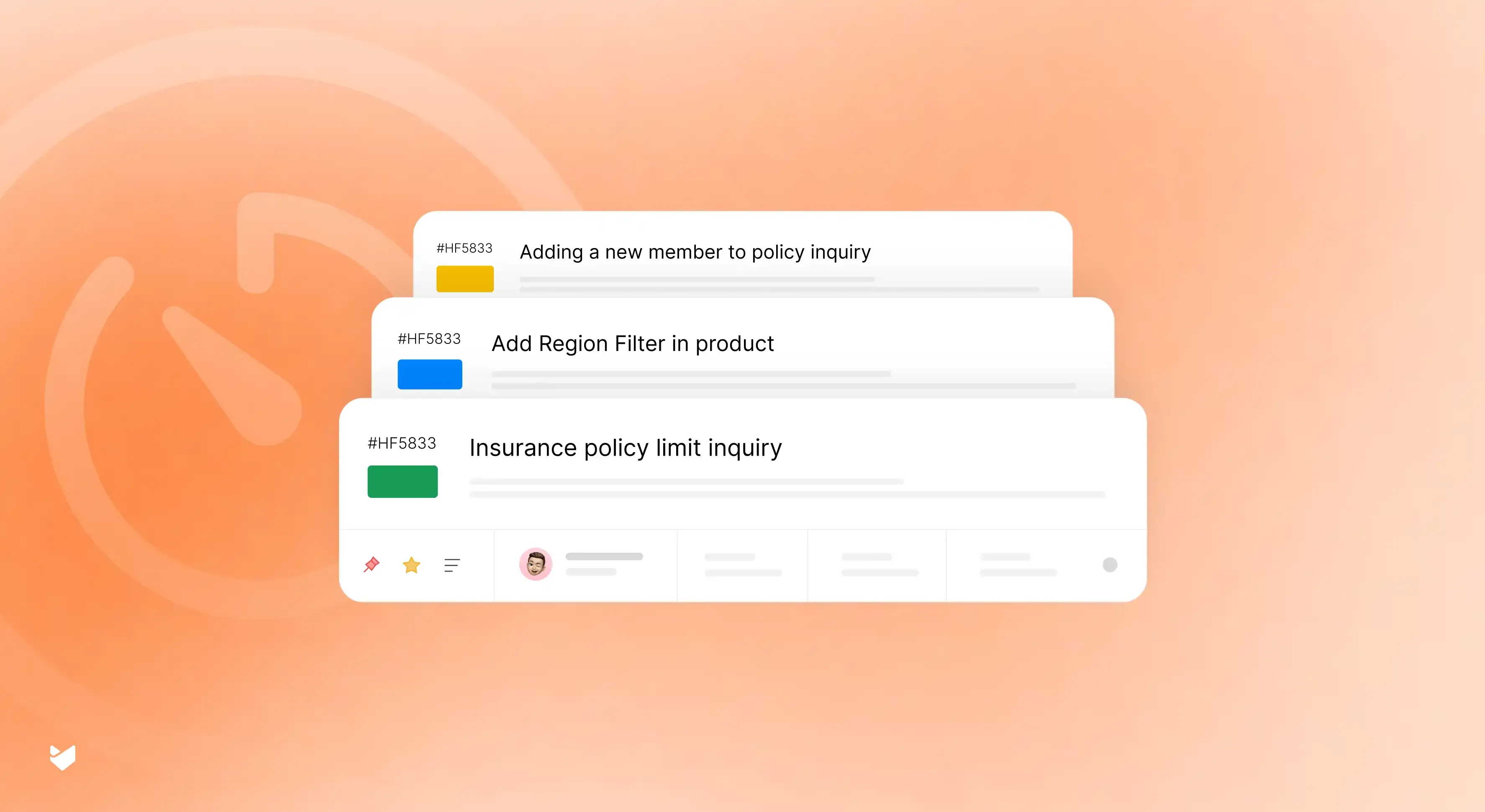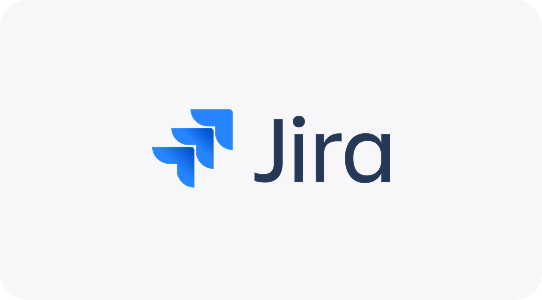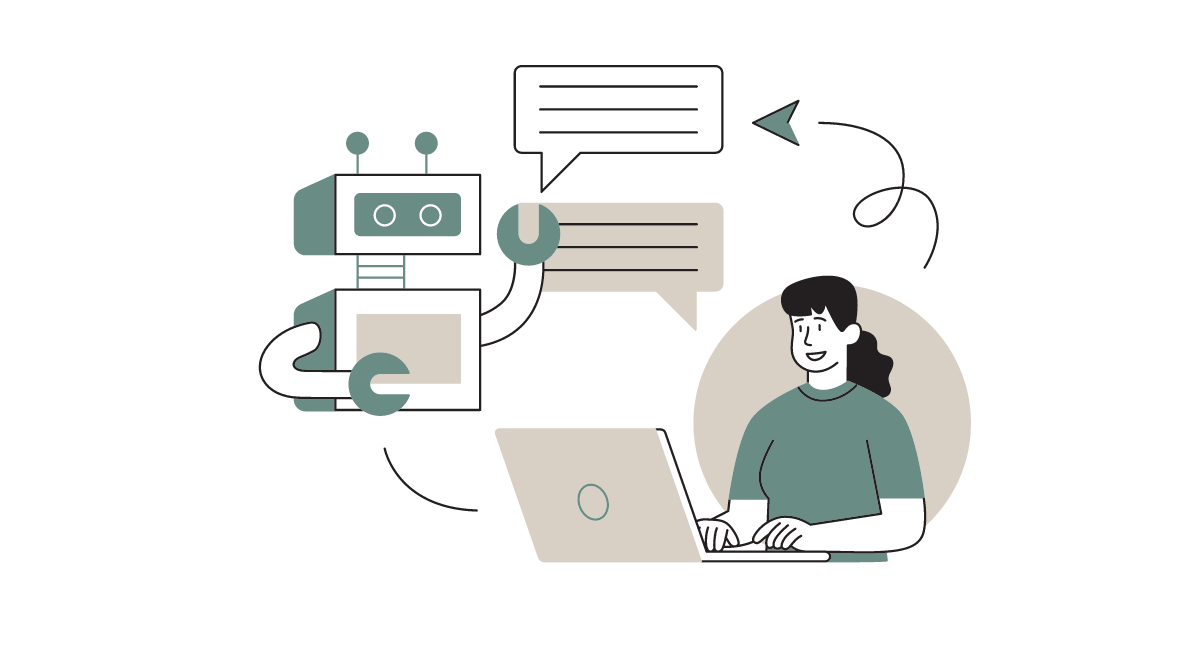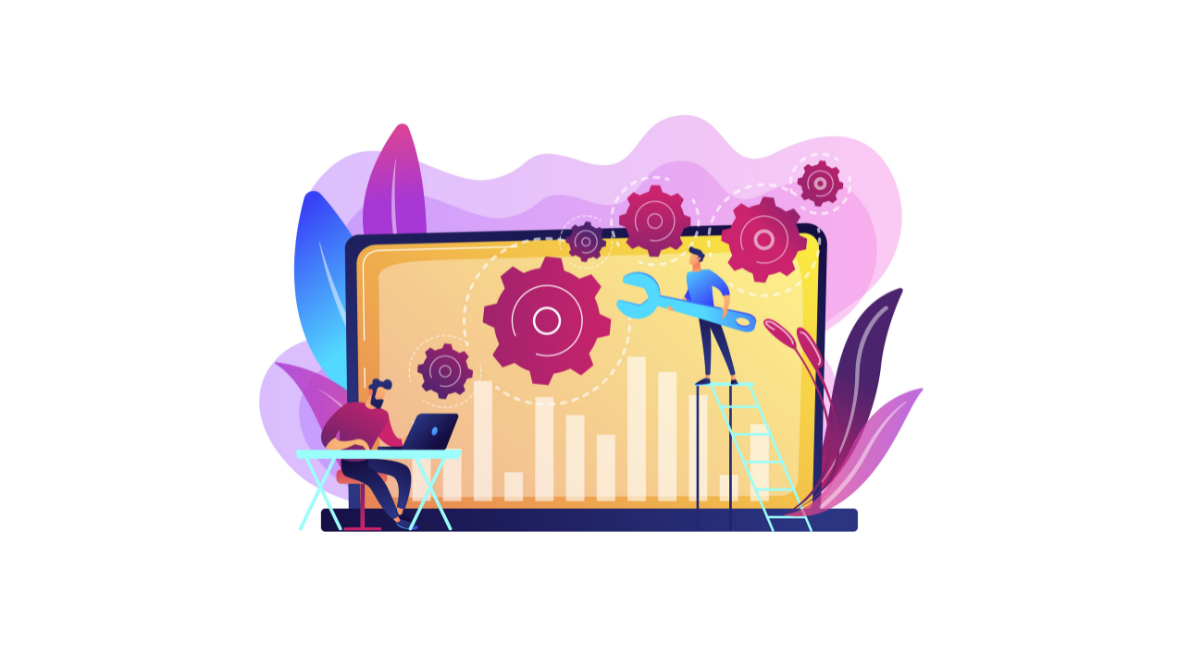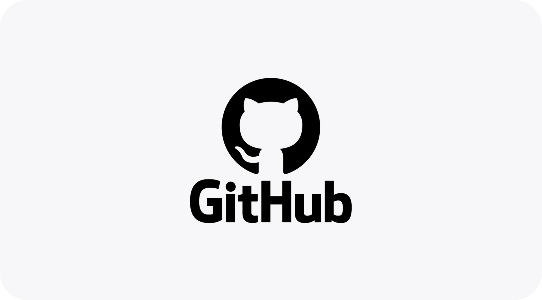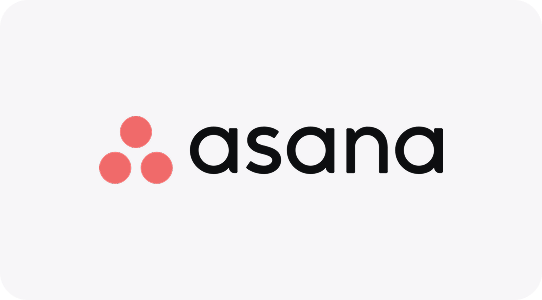Best Issue Tracking Software for Mid-Market IT & Support Teams (2026)

Shalin
Founder & CEO HappyFox
February 26, 2026
Is your IT team buried under an avalanche of support tickets, unresolved incidents, and escalating user complaints? With ticket volumes increasing across industries, many IT support teams find themselves struggling to keep pace, resulting in longer resolution times and declining customer satisfaction.
The right issue tracking software can transform your help desk from overwhelmed to exceptionally efficient. In this comprehensive guide, we'll explore the top 11 issue tracking systems that can streamline ticket management, enhance agent productivity, and improve first-call resolution rates for your IT support operations in 2026.
TL;DR: The Best Issue Tracking Software in 2026
If you’re short on time, here’s how the top issue tracking tools compare:
Best overall issue tracking software:
HappyFox - AI-powered ticketing, omnichannel support, SLA management, and fast setup for IT and customer support teams.
Best for software development teams:
Jira - Deeply customizable workflows and Agile boards, but complex for non-technical teams.
Best for AI-driven customer experience teams:
Zendesk - Strong AI automation and omnichannel capabilities, with higher costs at scale.
Best for Agile and product development workflows:
monday dev - Visual boards and AI triage for engineering-heavy teams.
Best open-source option:
Bugzilla - Free, stable bug tracking for technical teams comfortable with manual configuration.
Issue tracking software streamlines workflows by capturing, prioritizing, assigning, and managing bug reports, support tickets, and internal service requests in a centralized system. It enables teams to automate task routing, set deadlines, monitor resolution progress, and improve collaboration across IT, customer support, and operations.
Unlike simple email systems or spreadsheets, a dedicated issue tracking system provides structure, automation, and visibility into your support workflow. With robust issue tracking, nothing falls through the cracks, and every request receives proper attention and follow-up.
Bug tracking software focuses specifically on software defects and technical problems. It's designed primarily for development teams to document, reproduce, and fix errors in software code.
Issue tracking software is more comprehensive, encompassing not just bugs but also feature requests, customer inquiries, and internal tasks. It serves both technical and non-technical teams, providing a central hub for all types of issues that require attention and resolution.
In practice, many modern tools incorporate both functions, allowing different teams to use the same platform for their specific needs. The solutions we've included in this list can handle various types of issues, from technical bugs to customer support requests.
Key Features to Look for in an Issue Tracking System
Before diving into our top picks, let's explore the essential capabilities that make issue tracking software valuable:
- Centralized ticket management: Log, categorize, and track all issues from bugs to service requests in a single, searchable repository.
- Ticket Management: Create, categorize, and organize issues efficiently
- Workflow automation and AI routing: Automatically assign tickets, update statuses, escalate issues, and reduce manual workload using rule-based triggers or AI-powered triage.
- Multi-channel Support: Capture issues from email, web, phone, social media, and more
- Prioritization and SLA management: Set priority levels, define service-level agreements, and monitor response and resolution times to meet performance goals.
- Collaboration Tools: Features that help teams work together on complex issues
- Knowledge Base Integration: Self-service options to reduce ticket volume
- Reporting and Analytics: Insights into performance metrics and improvement opportunities
- Customization Options: Ability to tailor the system to your specific needs
- Integration Capabilities: Seamless connection with your existing tech stack
Top 10 Support Ticket Software

HappyFox



HappyFox stands out as a comprehensive issue tracking solution that combines powerful functionality with an intuitive interface. Its unified platform handles tickets from multiple channels while providing robust automation capabilities. HappyFox distinguishes itself through exceptional ease of implementation and minimal training requirements that allow teams to quickly adopt sophisticated workflows without complexity. The platform's thoughtful design makes it accessible for both technical and non-technical teams while providing the advanced customization options and automation capabilities that growing organizations require.
HappyFox's balance of comprehensive functionality with intuitiveness, combined with responsive customer support , makes it the preferred choice for organizations seeking to transform their issue tracking operations from reactive management to proactive resolution.
Key Features
-
Omnichannel ticketing:
Converts requests from email, web, phone, chat, and social channels into tickets for centralized issue management and tracking.
-
Smart automation with customizable workflows:
Get intelligent automation based on time and event triggers, auto-assignment, ticket routing, escalation rules, and custom workflow builders that reduce manual tasks.
-
Advanced SLA management:
Maintain service commitments with comprehensive SLA tracking, automated alerts for deadline breaches, and performance monitoring.
-
Integrated knowledge base:
Set up a fully customizable support centre with rich KB resources that are easy to create, search and share for faster issue resolution.
-
Comprehensive reporting and analytics:
Get ready-to-use advanced reports around ticket inflow, resolution times, agent performance, SLA compliance, automation effectiveness and customer satisfaction.
-
AI-powered productivity features:
Boost team efficiency with artificial intelligence that automatically categorizes tickets, suggests responses, predicts resolution times, and provides intelligent routing recommendations.
-
Team collaboration tools with collision detection:
Ticket threads with private notes and agent collision detection functionalities allow for better collaboration and prevent duplicate work across team members.
Key Strengths
-
Intuitive Interface & Rapid Setup:
No steep learning curve or complex onboarding—get your support system running in under an hour with powerful features that don't require extensive training.
-
Customization Flexibility:
Adapts to any team or use case with deep customization across ticketing, support centers, workflows, automations, and reporting—going beyond one-size-fits-all solutions.
-
Comprehensive AI-Powered Support:
AI-driven productivity with instant ticket summaries, smart response suggestions, automatic resolution recommendations, priority detection, and knowledge base optimization.
-
Scalable & Transparent Pricing:
Flexible pricing that grows with your team—start small and scale effortlessly without hidden costs. Plus unlimited-agent plans with cost-saving potential for larger teams.
-
Exceptional Customer Support Culture:
Entire team, including leadership, is committed to your success—ensuring faster escalations, quicker resolutions, and direct access to decision-makers.
-
Enterprise Features Without Complexity:
Get all the functionality you need without unnecessary complexity, steep learning curves, or the overhead typically associated with enterprise solutions.
Ideal For
-
- Startups with limited resources that need quick setup, AI automation, and affordable pricing that scales.
- Growing companies that need simple, all-in-one solutions without complexity or high costs.
- Organizations with multiple teams (IT, HR, Facilities) that need unified collaboration for internal and external support.
- Large operations that need enterprise-grade security, global deployment, and deep system integrations.
Pricing


HappyFox's system uptime is superb. Despite adding many users and increasing complexity, it remains robust and scalable. We also experienced a 3X improvement in the first response time.
Avinash Mugali
Head of Customer Excellence - Darwinbox

Jira



Jira is widely recognized for its comprehensive approach to issue tracking, particularly in software development environments. Its extensive customization options make it adaptable to various workflows and processes.
Key Features
-
- Customizable workflows and issue types
- Advanced search and filtering capabilities
- Robust reporting and dashboards
- Extensive integration ecosystem
- Automation rules and triggers
- Agile project management tools
- Version control system integration
Best For
-
Development teams and organizations with complex issue tracking requirements who need deep customization.
Pricing
Recommended Reading:
Learn how Jira integrates with HappyFox

Zendesk



Zendesk provides a robust platform for tracking and resolving customer issues across multiple channels. Its extensive marketplace and integration options make it highly adaptable to different business needs.
Key Features
-
- Omnichannel ticket management
- AI-powered triage and routing
- Customizable workflows and business rules
- Advanced analytics and reporting
- Self-service knowledge base
- Team collaboration tools
- Extensive marketplace for add-ons
Best For
-
Organizations that need a flexible, scalable solution with extensive integration capabilities.
Pricing
Deep Dive:
15 Best Zendesk Alternatives
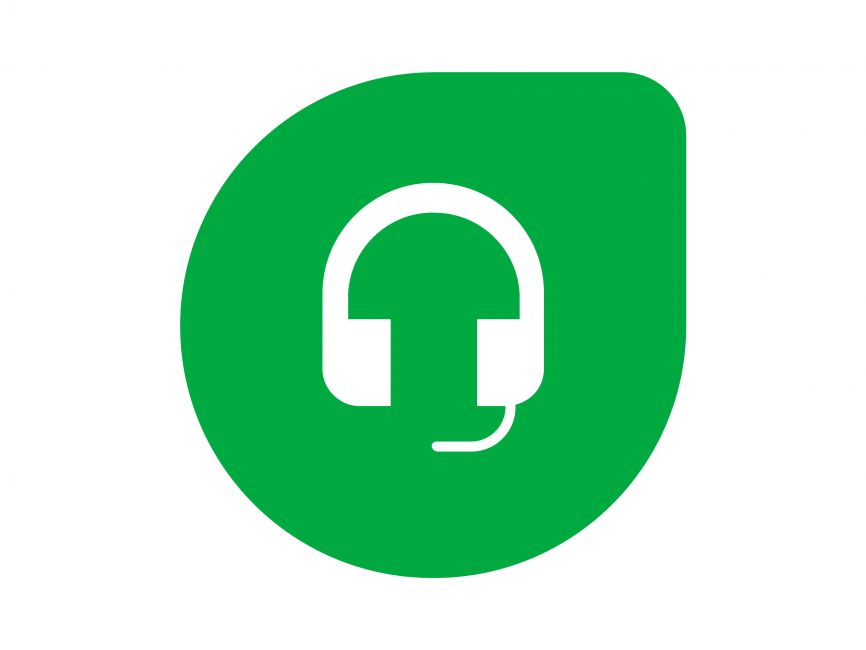
Freshdesk



Freshdesk makes issue management accessible with its user-friendly interface and comprehensive toolset. It enhances customer support through automation, self-service options, and multichannel capabilities.
Key Features
-
- Unified ticketing across multiple channels
- Self-service knowledge base and community forums
- Automated ticket assignment and prioritization
- Agent collaboration tools
- Predictive analytics for forecasting
- Mobile application for support on the go
- AI-powered response suggestions
Best For
-
Organizations seeking an intuitive, scalable solution that balances power with ease of use.
Pricing
Recommend Reading:
Explore how HappyFox vs Freshdesk compare
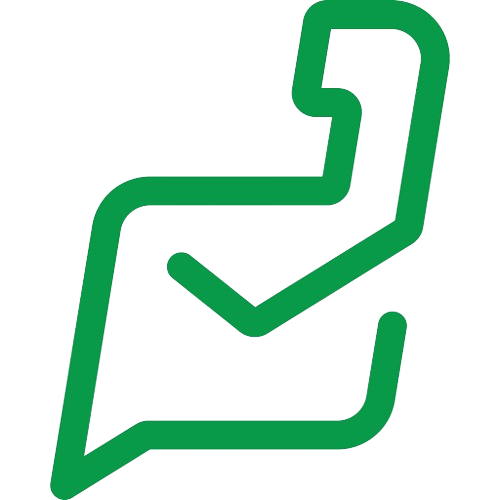
Zoho Desk



Zoho Desk offers a context-aware issue tracking system that helps teams deliver personalized support. Its AI capabilities and customization options make it suitable for businesses of various sizes.
Key Features
-
- Multichannel support management
- Context-aware AI assistant (Zia)
- Team collaboration tools
- Customizable workflows and automations
- Advanced reporting and business intelligence
- Knowledge base and self-service portal
- Mobile applications for iOS and Android
Best For
-
Organizations looking for an affordable, context-rich issue tracking solution with strong AI capabilities.
Pricing
Compare Now:
HappyFox vs Zoho Desk - Which One Stands Out?
Help Scout



Help Scout takes a conversation-first approach to issue tracking, focusing on creating natural customer interactions rather than ticket numbers. Its clean interface prioritizes simplicity and ease of use.
Key Features
-
- Shared inbox for collaborative support
- Conversation-based ticketing
- Built-in knowledge base
- Customer profiles with conversation history
- Basic automation and workflows
- Satisfaction ratings and reporting
- Mobile apps for iOS and Android
Best For
-
Customer-centric organizations looking for a straightforward, conversation-focused issue tracking solution.
Pricing
We also recommend reading:
11 Best HelpScout Alternatives 2025

Spiceworks



Spiceworks offers a cloud-based help desk system designed specifically for IT teams. It excels at managing technical issues with features like asset management and network monitoring.
Key Features
-
- IT asset and inventory management
- Ticket routing and assignment
- Custom knowledge base for self-help
- Network monitoring tools
- Custom ticket fields and forms
- Reporting and analytics
- Free and open-source version available
Best For
-
IT departments and technical support teams looking for specialized issue tracking capabilities.
Pricing
We also recommend reading:
5 Best Spiceworks Alternatives for 2025

GitHub Issues



GitHub Issues provides a straightforward issue tracking system that integrates directly with your codebase. It's ideal for development teams that want to keep issues and code in the same place.
Key Features
-
- Direct integration with code repositories
- Customizable issue templates
- Milestone tracking
- Project boards for visual management
- Markdown support for rich documentation
- Powerful search capabilities
- Extensive integration options
Best For
-
Software development teams that prefer to manage issues alongside their code.
Pricing
Explore how Github integrates with HappyFox

Asana



While primarily a project management tool, Asana offers powerful features for tracking issues and requests. Its visual boards and timelines provide clear visibility into progress and priorities.
Key Features
-
- Flexible views (list, board, timeline, calendar)
- Custom fields and templates
- Task dependencies and milestones
- Real-time collaboration features
- Automation capabilities
- Reporting and goal tracking
- Mobile apps with offline access
Best For
-
Teams that want to manage issues within a broader project management context.
Pricing
You might also like:
Discover how Asana + HappyFox works together

Kayako



Kayako takes a unique approach by focusing on the entire customer journey, not just individual issues. Its unified view across channels creates a cohesive support experience.
Key Features
-
- Unified customer view across channels
- Automated workflows and assignments
- Self-service knowledge base
- Real-time collaboration tools
- Customer journey tracking
- Customizable support center
- Multichannel communication management
Best For
-
Customer-centric organizations that want to track issues within the broader context of the customer relationship.
Pricing
Need help deciding?
HappyFox vs Kayako - The Best Support Software?

ClickUp



ClickUp combines project management and issue tracking in a highly customizable platform. Its flexible structure adapts to virtually any workflow or process.
Key Features
-
- Multiple view options (list, board, calendar, Gantt)
- Custom statuses and fields
- Task templates and checklists
- Time tracking and estimation
- Documentation and wiki capabilities
- Dashboards and reporting
- Extensive integration options
Best For
-
Teams looking for a highly customizable issue tracking solution within a broader productivity platform.
Pricing
Benefits of Using an Issue Tracking System
-
Enhanced Visibility and Accountability:
An issue tracking system provides complete visibility into the status of all reported issues. Team members can see who's responsible for what, current progress, and upcoming deadlines. This transparency eliminates confusion and ensures nothing falls through the cracks.
-
Improved Collaboration and Communication:
Centralized issue tracking creates a shared understanding of tasks and priorities. Team members can collaborate directly within tickets, sharing information, files, and updates in context. This eliminates silos and ensures everyone has access to the information they need.
-
Faster Issue Resolution:
With automated workflows, priority settings, and clear ownership, issues move through your resolution process more efficiently. Agents can focus on solving problems rather than managing administrative tasks, leading to faster resolutions and higher customer satisfaction.
-
Data-Driven Decision Making:
Comprehensive reporting and analytics provide valuable insights into your support operations. You can identify recurring issues, bottlenecks in your process, and opportunities for improvement. This data helps you make informed decisions about resource allocation, training needs, and product enhancements.
-
Better Customer Experience:
Ultimately, effective issue tracking leads to a better customer experience. Customers receive faster, more consistent responses to their inquiries. They're kept informed throughout the resolution process, and their history and preferences are readily available to agents. This personalized, efficient service builds trust and loyalty.
How to Choose the Right Issue Tracking Software
Selecting the right issue tracking system depends on your team size, workflow complexity, and long-term growth plans. When evaluating options, consider the following:
-
1. Assess Workflow Complexity:
Are you managing simple support tickets or cross-department workflows across IT, customer support, HR, and operations? Choose a platform that supports both internal and external issue tracking without requiring multiple tools.
-
2. Prioritize Automation and AI Capabilities:
Modern issue management software should reduce manual routing and repetitive tasks. Look for AI-powered triage, automated ticket assignment, SLA monitoring, and intelligent response suggestions.
-
3. Evaluate Scalability:
As ticket volume grows, your system should scale without slowing down performance or requiring costly add-ons. Consider how pricing changes as you add agents or teams.
-
4. Review Integration Requirements:
Ensure the platform integrates with your CRM, communication tools (Slack, email), DevOps systems, and knowledge base. Seamless integrations reduce context switching and improve productivity.
-
5. Analyze Reporting and SLA Visibility:
Decision-makers need access to real-time dashboards, SLA compliance tracking, and performance metrics to optimize operations.
-
6. Examine Security and Compliance Standards:
For IT and enterprise teams, features like role-based access control, audit logs, encryption, and compliance certifications (SOC 2, GDPR) are critical.
-
7. Compare Total Cost of Ownership:
Beyond per-user pricing, evaluate hidden costs such as add-ons, automation limits, AI usage tiers, and onboarding complexity.
Best Practices for Implementing Issue Tracking Software
-
Start with Clear Categorization:
Define issue types, priorities, and statuses upfront.
-
Automate Routine Tasks:
Set up rules to handle repetitive processes automatically.
-
Create Knowledge Resources:
Build a comprehensive knowledge base to support self-service.
-
Train Your Team Thoroughly:
Ensure everyone understands how to use the system effectively.
-
Monitor and Adjust:
Regularly review performance metrics and refine your approach.
-
Gather User Feedback:
Collect input from both customers and team members to drive improvements.
Learn More: Best Practices of Implementing a Ticketing System
How HappyFox Simplifies Issue Tracking for Growing Teams
While many issue tracking tools focus either on software development or customer support, growing organizations often need a unified system that supports both internal and external workflows without added complexity.
HappyFox helps teams:
-
Automate Ticket Routing and Prioritization:
AI-powered categorization and workflow automation ensure tickets reach the right team instantly - reducing manual effort and improving first response times.
-
Maintain SLA Compliance at Scale:
Advanced SLA tracking and automated escalation rules help IT and support teams meet service commitments consistently.
-
Centralize Multi-Channel Support:
Email, web forms, chat, phone, and API requests are consolidated into a single, searchable system - eliminating tool sprawl.
-
Scale Without Rebuilding Workflows:
Whether you’re supporting 5 agents or 200, customizable workflows and automation rules adapt as your team grows.
-
Deploy Quickly Without Heavy IT Overhead:
With intuitive setup and minimal onboarding complexity, teams can configure workflows and begin automating processes in under an hour.
Conclusion
An effective issue tracking system is essential for organizations that want to deliver exceptional service and maintain operational efficiency. By centralizing communication, automating workflows, and providing clear visibility into your support operations, the right issue tracking software can transform how you manage customer issues and internal tasks.
The key is to choose a system that aligns with your specific needs and workflows, then continuously refine your approach based on data and feedback. With the right issue tracking solution in place, you'll be well-positioned to deliver the efficient, effective support that today's customers expect.
By evaluating features, scalability, integrations, and total cost of ownership, you can select an issue tracking system that aligns with your workflows today and supports your team as it evolves.
Take time to assess your requirements carefully, explore available options, and choose a platform that empowers your team to work more efficiently and collaboratively.
Frequently asked questions
What's the difference between issue tracking software and help desk software?
Issue tracking software focuses specifically on documenting, assigning, and resolving individual issues or tasks.
Help desk software is more comprehensive, typically including issue tracking along with additional features like knowledge bases, customer portals, and broader customer relationship management tools. Many modern platforms combine both functions.
Can issue tracking software help with customer support?
Absolutely. Issue tracking software is a powerful tool for customer support teams, allowing them to efficiently manage customer inquiries, track resolution progress, and ensure consistent follow-up. Many issue tracking systems include specific features for customer support, such as SLA monitoring, canned responses, and customer satisfaction surveys.
Which teams benefit most from issue tracking software?
Issue tracking software is valuable for: IT support teams, Customer support teams, Software development teams, HR and internal service teams, Facilities and operations teams.
Any team managing incoming requests or tasks can benefit from structured issue tracking workflows.
Can I integrate issue tracking software with my existing tools?
Most modern issue tracking systems offer robust integration capabilities, allowing you to connect with CRM systems, communication tools, development platforms, and other business applications. Always check the specific integration options for any solution you're considering to ensure compatibility with your current tech stack.



















